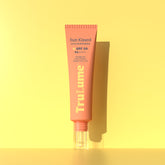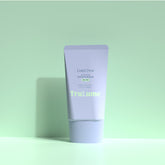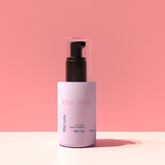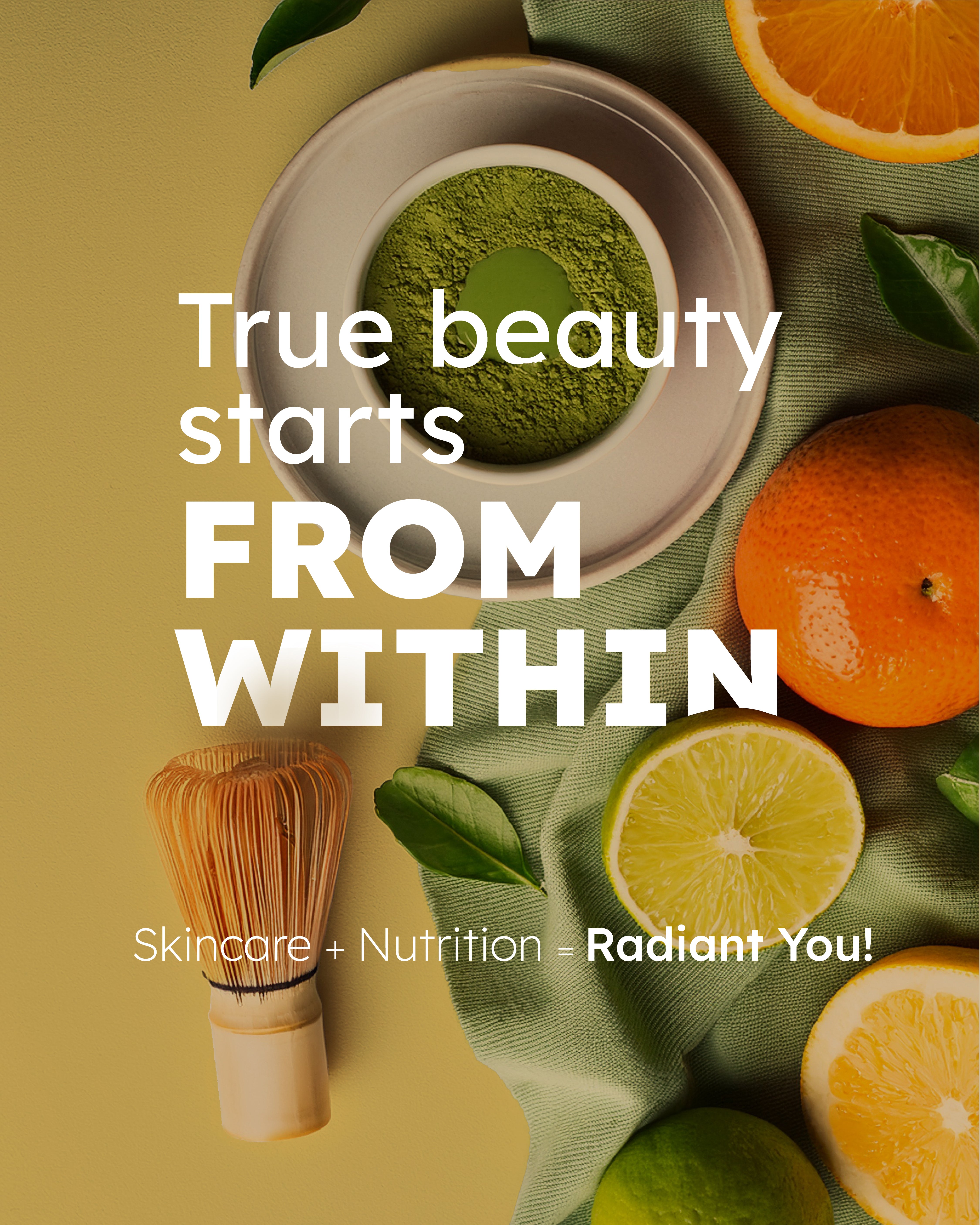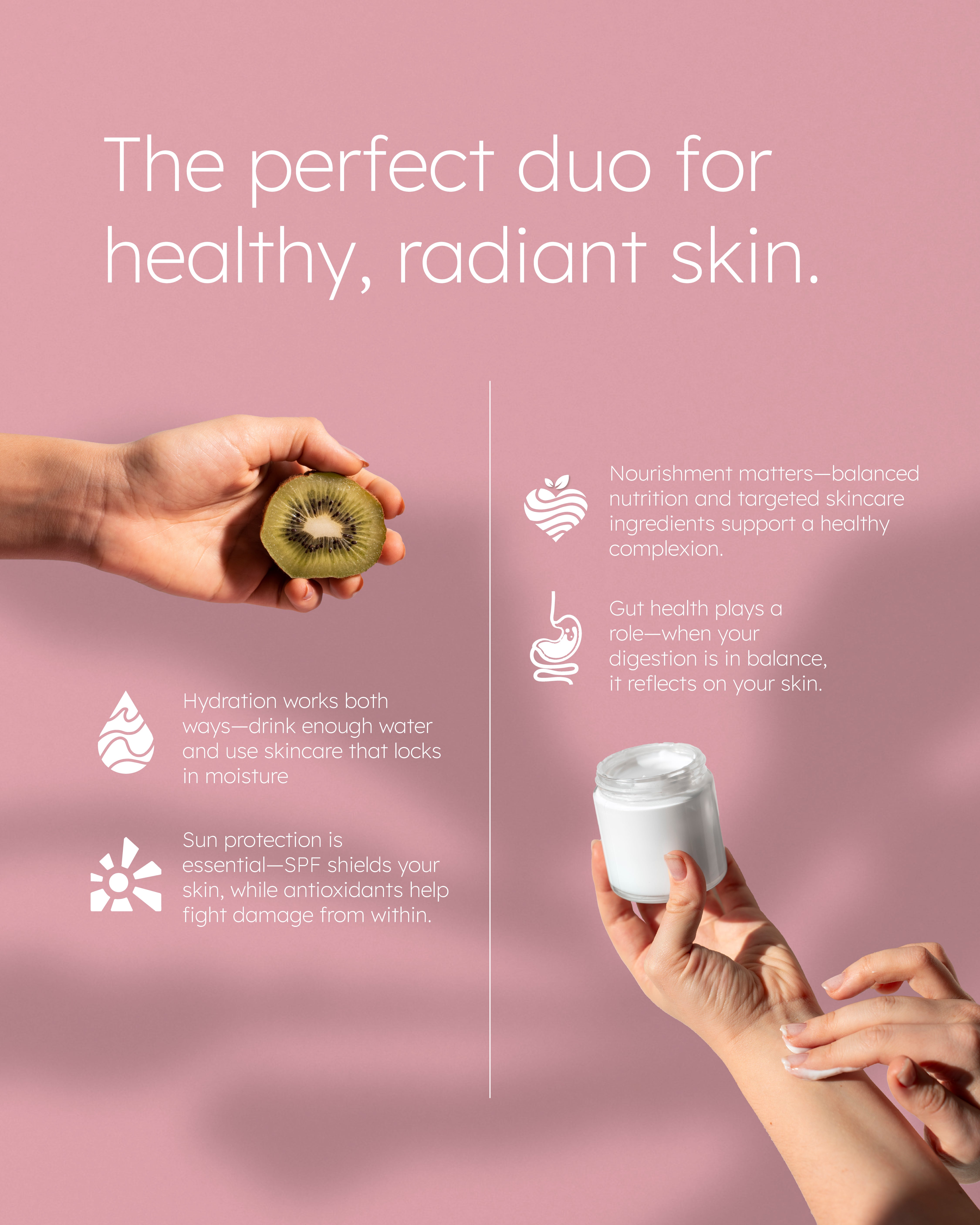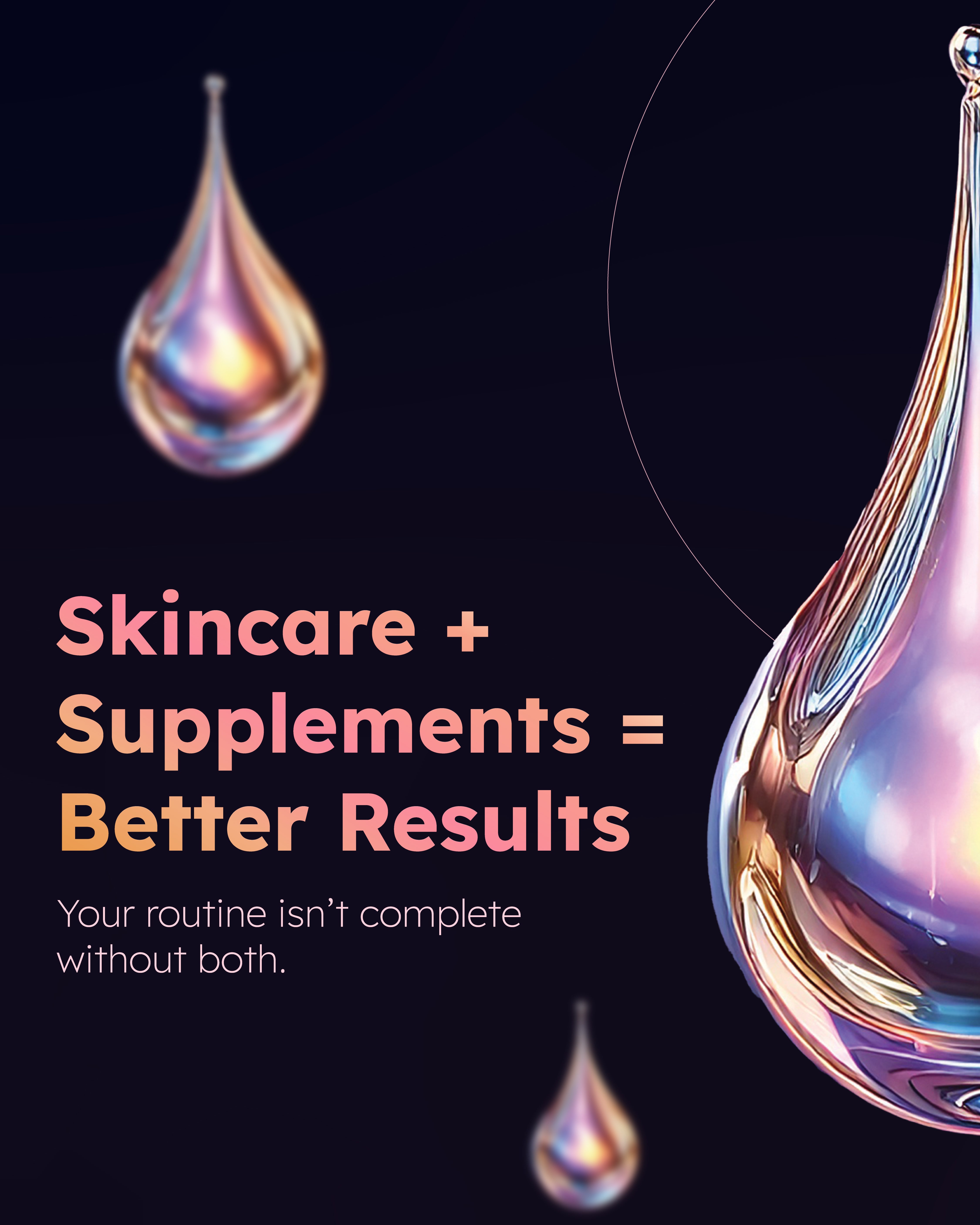Do Collagen Supplements Really Work?
Always wanted youthful, supple skin? Collagen supplements are hyped up just for that, but do they live up to that hype? Let us explore whether they are worth it or if they are just a marketing ploy!
What exactly is collagen?
Collagen is a structural protein found in body tissues that can be found in our nails, hair, bones, and ligaments. Collagen supports the maintenance of skin elasticity and aids in the production of keratin, a protein found in hair, nails, and skin.
There are five main types of collagen. Type I collagen supports your skin, bones, tendons, and ligaments; Type II cushions joints; Type III supports muscles and arteries; Type IV forms skin layers; and Type V is found in the cornea, placenta, hair, and parts of the skin.
Is the consumption of collagen supplements beneficial?
There is not enough evidence to support the benefits of consuming collagen supplements. Some studies do mention the benefits of consumption, while others dismiss the supplements and instead urge people to consume foods rich in collagen.
It is important to note that collagen cannot be absorbed fully as it is in our body. It has to be broken down to peptides for better absorption.
Make sure to avoid collagen supplements with too many additives or preservatives if you ever plan to go for one. Also, consult your doctor before starting any supplement, especially if you have pre-existing medical conditions. If you have been recommended protein restriction (seen in kidney patients, especially), consult a doctor before consuming protein-rich food or supplements.
What are some collagen-rich foods?
Let us look at some collagen-rich foods:
- Bone broth
- Fish skin and bones
- Egg whites
- Gelatin
- Chicken skin and cartilage.
- Beef (shank, oxtail, and brisket)
Plant sources of collagen do not directly help in producing collagen, but they do support collagen production. Let us look at a few sources:
- Berries
- Citrus fruits like oranges, kiwis, strawberries, etc.
- Dark green leafy vegetables
- Other veggies like bell peppers, carrots, and tomatoes
- Nuts and seeds
- Beans and legumes
Can consuming collagen supplements pose any health risks?
Collagen supplements are extracted from the bones and connective tissues of animals like cows, fish, pigs, and chickens. They might carry heavy metals along with toxins. There are also fewer studies conducted on their safety and efficacy.
What are some tips to boost collagen production?
Some tips to boost collagen production are given below:
- Apply sunscreen: Apply sunscreen to protect your skin from sun exposure. UV exposure can promote premature aging and damage the skin’s collagen. Our Sunkissed hybrid sunscreen can be beneficial for the same.
- Avoid smoking: Smoking can slow down the body’s ability to make more collagen and damage collagen fibers as well.
- Reduce sugar/processed carbs intake: Sugar molecules can attach to collagen fibers, which can reduce the elasticity of collagen.
- Get enough sleep: At night, sleep can cause your skin to go into repair mode, which can help collagen to heal skin.
While collagen supplements are not a fountain of youthfulness, you can include collagen-rich foods in your diet and maintain a healthy lifestyle to keep that skin glowing and supple!
